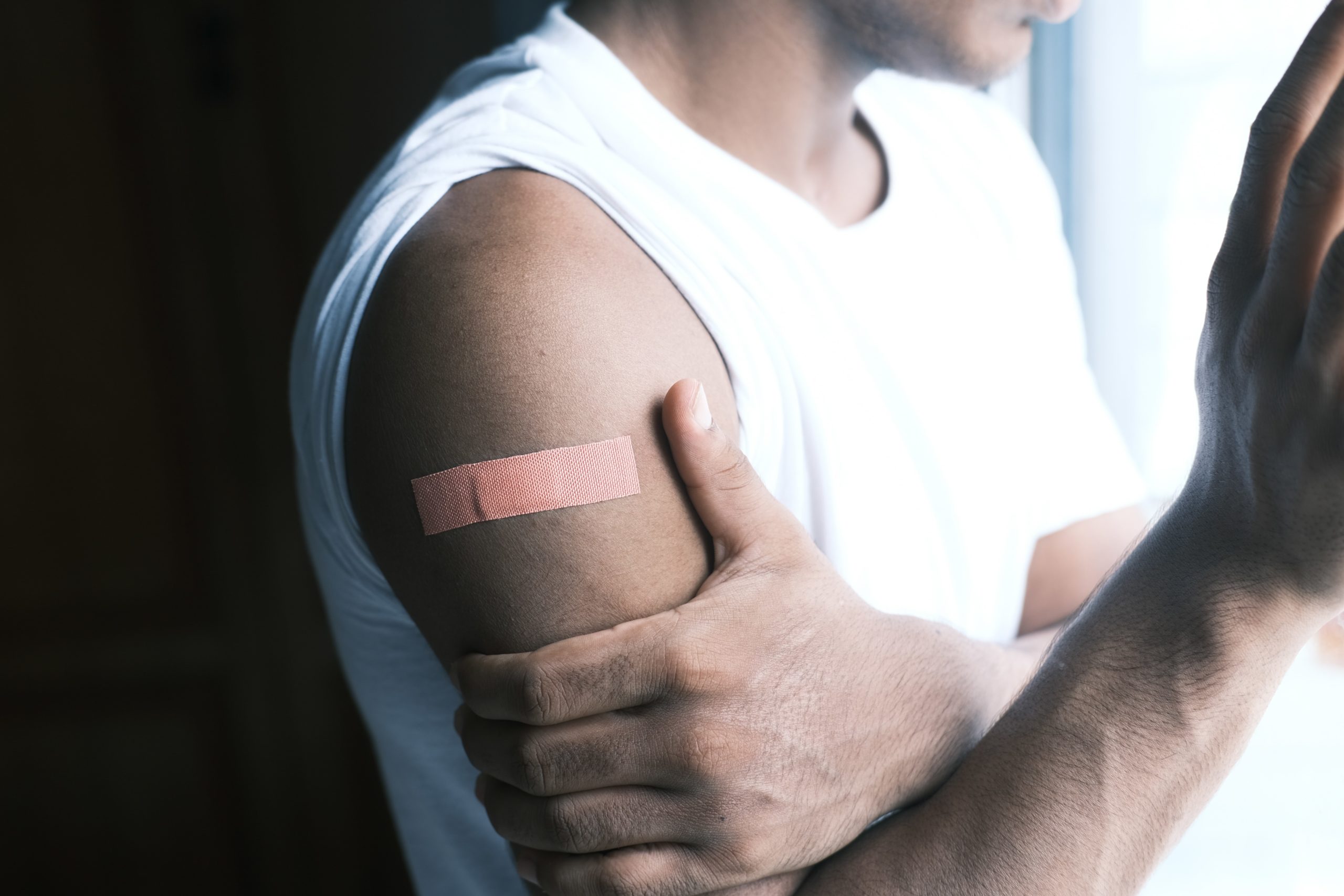The COVID-19 pandemic has demonstrated just how wide the gaps are between the haves and the have nots. Countries that could mobilize resources designed effective responses, while others that were not equipped continue to struggle. As of June 2021, fewer than 1 in 500 people in the 29 lowest income countries have received vaccinations, as compared to 1 in 2 in the United States. But the vaccine gap isn’t the only inequity we should be paying attention to: There’s also a lobbying gap.
As documented in a recently released brief from the Foreign Influence Transparency Initiative at the Center for International Policy, where I work, obtaining US assistance in the fight against COVID-19 was the goal of many developing countries’ lobbying operations in the first year of the pandemic. It’s no secret that lobbying for aid can be highly effective, and the pandemic was no exception. Given the desperate need for tests, personal protective equipment, and vaccines, countries have literally been lobbying for their lives in the hopes of obtaining US aid.
Given the desperate need for tests, personal protective equipment, and vaccines, countries have literally been lobbying for their lives in the hopes of obtaining US aid.
Examples of these efforts abound. According to Foreign Agents Registration Act (FARA) filings, the Republic of Ghana’s Ministry of Finance, for example, agreed to pay KRL International LLC — a boutique lobbying firm focused on emerging markets — $300,000 to lobby the United States for COVID-19 relief aid. This included outreach to a number of officials, including the US Ambassador to Ghana, the Treasury Department, officers at the US Embassy in Ghana, and various non-governmental organizations. These efforts focused on issues like emergency assistance and supply chain challenges for medications. While causality is difficult to establish, the lobbying appears to have worked, as just a few months into KRL’s contract in April 2020, the US provided two desperately needed state-of-the-art Level II field hospitals to Ghana.
That very same lobbying firm was also hired by Liberia for $139,000 during the same time period to lobby for increased United States support for Liberia’s COVID-19 response and to discuss assistance. Outreach on Liberia’s behalf was also targeted at donor institutions, the private sector, and media outlets, with special attention given to building a public-private donations platform to increase transparency and encourage support. These efforts also appear to have paid off, as the US Agency for International Development (USAID) gave $4.6 million in June 2020 to the Liberian Government to implement a virtual web portal, to facilitate the acceptance of private sector contributions related to COVID-19.
And KRL wasn’t the only firm cashing in on countries in need of relief aid. Starting in November 2020, the Kyrgyz Republic hired Dickens & Madson for $1 million to lobby both the legislative and executive branches of the US Government for COVID-19 aid. In its contract, Dickens and Madson indicated a focus on lobbying around security relations, debt repayment, and agricultural investment in addition to pure pandemic assistance. Later that same month, a combined $5 million USD was given to the country from USAID, the Centers for Disease Control, and the State Department. This aid package went largely towards infrastructure, like oxygen concentrators and testing systems.
It’s important to emphasize that all of these countries: Ghana, Liberia, and the Kyrgyz Republic are classified as low-to-middle income by the World Bank. Yet, collectively they shelled out $1.4 million to hire lobbyists for COVID-19 relief aid, over and above expenditures to respond to the pandemic.
Even though these efforts seem to have borne fruit and may have helped save lives, it’s troubling that US assistance seems conditioned on developing countries hiring expensive lobbying firms. It prompts the question: What about countries that couldn’t afford to shell out a million dollars to hire lobbyists? While they may have received some relief, the fact that higher amounts of aid are contingent upon the amounts of lobbying is blatantly unjust.
When nations need to lobby for relief from unprecedented crises it exacerbates already deeply rooted global health inequalities that have become more apparent to the rest of the world. It also creates subdivisions within an increasingly disparate world. Richer countries can resort to lobbying, while others that can’t afford these influence operations are left to languish. At the end of the day, foreign aid must go to the countries most in need, not the countries with the most lobbyists.
Aditi Bawa is a researcher at the Center for International Policy’s Foreign Influence Transparency Initiative.





















